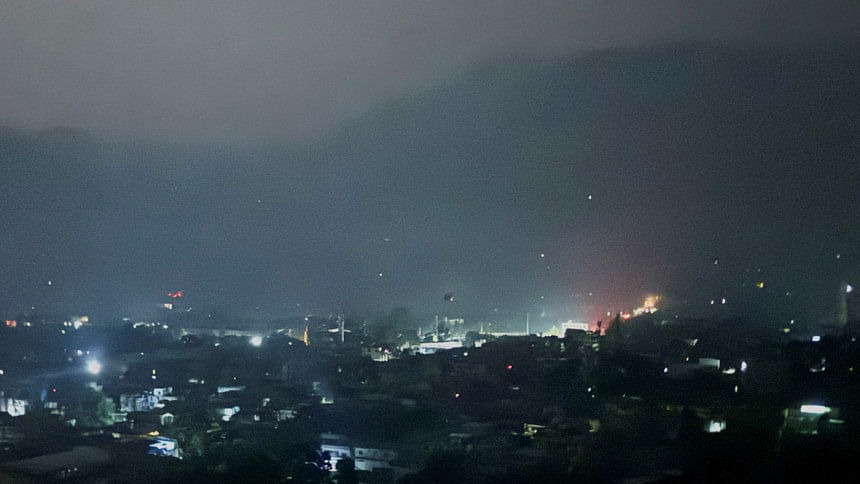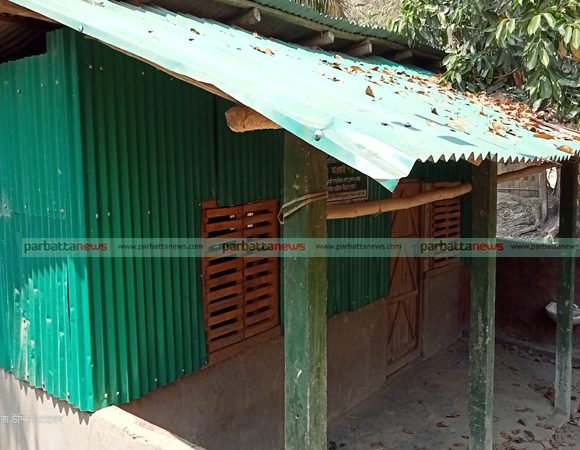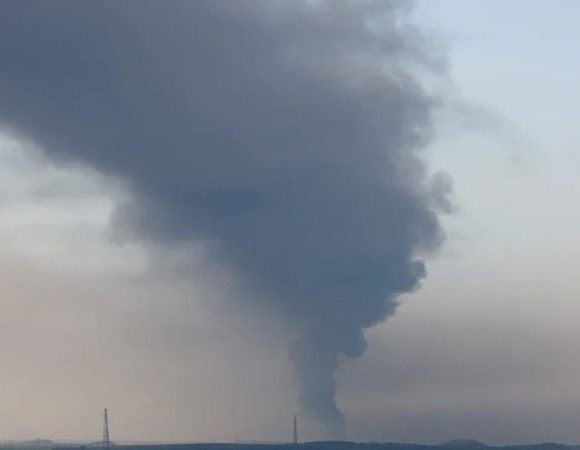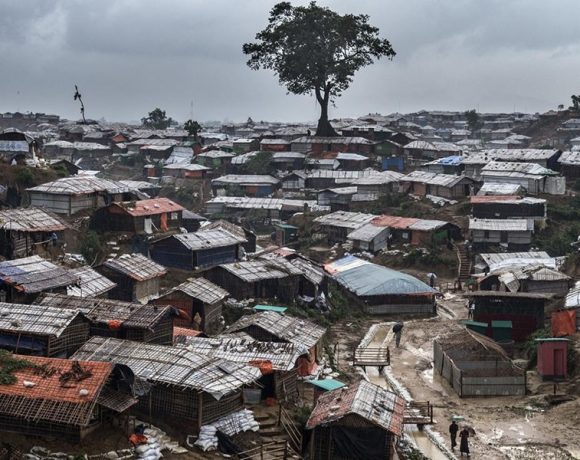India launches strikes on Pakistan, Islamabad vows retaliation

India fired missiles at Pakistani territory early Wednesday in a major escalation of tensions between the nuclear-armed rivals, as Islamabad vowed retaliation, agencies report.
The Indian government said it had attacked nine sites, describing them as “precision strikes at terrorist camps” in Pakistan-controlled Kashmir, days after it blamed Islamabad for a deadly attack on the Indian side of the contested region.
Pakistan’s Inter-Services Public Relations (ISPR) Director General Lt Gen Ahmed Sharif Chaudhry said three Pakistanis were martyred and 12 were injured in “cowardly” missile strikes by India in Kotli, Bahawalpur, Muridke, Bagh and Muzaffarabad after midnight for which retaliation by the military was already under way.
“We will retaliate at the time of our choosing,” he said, calling the strikes a “heinous provocation.”
Pakistan’s Defence Minister Khawaja Asif told ARY News that civilian areas were attacked.
“The attacks were carried out on civilian areas,” Asif said.
When asked about Pakistan’s decisions, Asif replied that Pakistan will retaliate.
Witnesses said, after the explosions, power was blacked out in Muzaffarabad, the capital of Pakistani occupied Kashmir.
Witnesses and one police officer at two sites on the frontier in Indian Kashmir told Reuters that they heard loud explosions and intense artillery shelling as well as jets in the air.
AFP correspondents in Pakistani-run Kashmir and Punjab heard several loud explosions.
After India’s strikes, the Indian army said in a post on X: “Justice is served.”
India had been widely expected to respond militarily to the attack on tourists in Kashmir last month by militants which it has said were from Pakistani group Lakshar-e-Taiba, a UN-designated terrorist organisation.
The assault left 26 people dead.
New Delhi has blamed Islamabad for backing the attack, sparking a series of heated threats and diplomatic tit-for-tat measures.
Pakistan rejects the accusations, and the two sides have exchanged nightly gunfire since April 24 along the de facto border in Kashmir, the militarised Line of Control, according to the Indian army.
Yesterday’s missile strikes are a dangerous heightening of friction between the South Asian neighbours, who have fought multiple wars since they were carved out of British colonial India in 1947.
For days, the international community has piled pressure on Pakistan and India to step back from the brink of war.
“We continue to urge Pakistan and India to work towards a responsible resolution that maintains long-term peace and regional stability in South Asia,” US State Department spokeswoman Tammy Bruce told reporters on Tuesday, hours before the strikes.
US President Donald Trump yesterday said that the Indian strikes against targets in Pakistan and Pakistani-controlled Kashmir were a “shame.”
“They’ve been fighting for many, many decades and centuries, actually, if you really think about it… I just hope it ends very quickly,” Trump said at the White House.
Indian Prime Minister Narendra Modi has said India will “identify, track and punish every terrorist and their backer” who carried out the attack at Pahalgam in Kashmir last month.
Indian police have issued wanted posters for three suspects — two Pakistanis and an Indian — who they say belong to Lashkar-e-Taiba.
The Pakistani military has said it has launched two missile tests in recent days, including of a surface-to-surface missile with a range of 450 kilometres (280 miles) — about the distance from the Pakistan border to New Delhi.
India is set to hold several civil defence drills today preparing people to “protect themselves in the event of a hostile attack”.
Iranian Foreign Minister Abbas Araghchi is expected in New Delhi today, two days after talks in Islamabad with Pakistani Prime Minister Shehbaz Sharif.
Tehran has offered to mediate between the two nations, and Araghchi will be first senior foreign diplomat to visit both countries since the April 22 attack sent relations plunging.
The strikes came just hours after Modi said that water flowing across India’s borders would be stopped. Pakistan had warned that tampering with the rivers that flow from India into its territory would be an “act of war.”
Modi did not mention Islamabad specifically, but his speech came after New Delhi suspended its part of the 65-year-old Indus Waters Treaty, which governs water critical to Pakistan for consumption and agriculture.
“India’s water used to go outside, now it will flow for India,” Modi said in a speech in New Delhi.


















